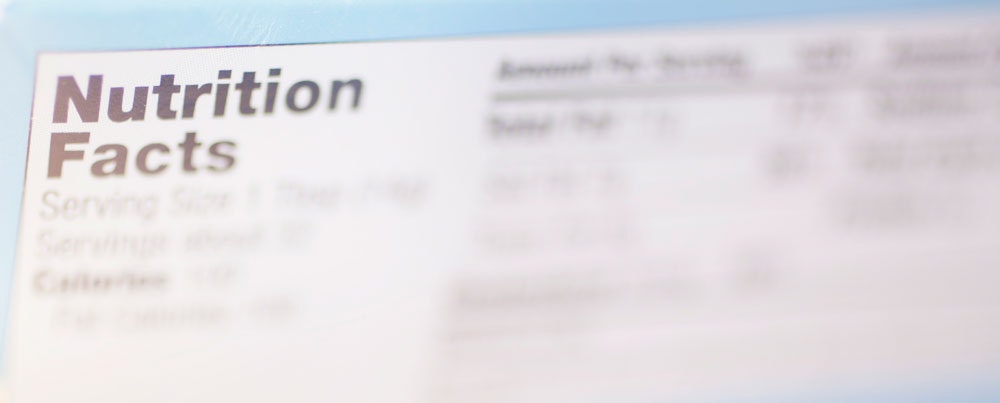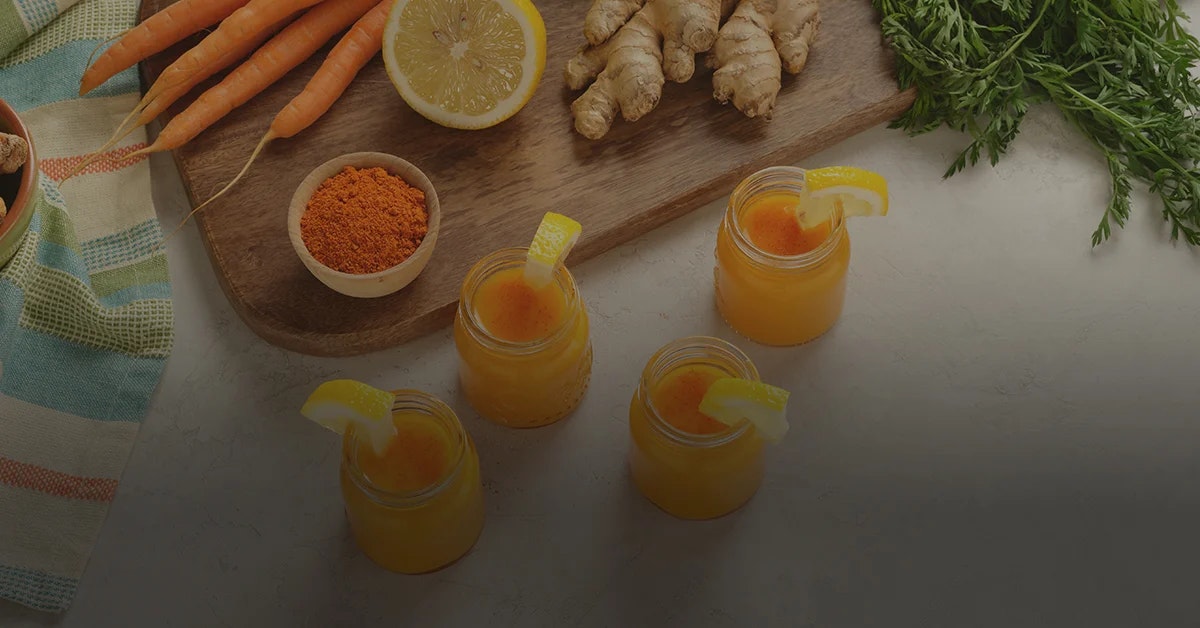Written by juice business consultant Ari Sexner, and Charlie Wettlaufer, CEO.
Parts 2 and 3 of this series will include shelf life and yield testing.

Introduction
I have found it difficult sometimes to explain the health benefits of using a cold-press juicer over a centrifugal juicer without any hard evidence. Truth be told, eating two pounds of produce raw and fresh from the farm would be the best way, but definitely not the easiest or most practical. Nutrients start to break down immediately, like a countdown that starts right when the produce is harvested. The biggest factor in juicing, however, is between centrifugal and cold-press, how much of a difference does this make in the nutritional content?

To answer the question above, we decided to use a certified lab to test three produce varieties that are major staples in the juicing industry. We chose one vitamin in each produce variety to test, picking the vitamin that the vegetable is a major source of. For the equipment, we used a typical centrifugal commercial juicer and compared the same product on a cold press juicer. To keep everything as consistent as possible we juiced all the test samples with the same batch of produce at the same time. Although there are many variables that could affect the results, we did the tests identically, with the only difference being the extraction process with the different juicers.
Produce Varieties and Nutrients
We tested for the following:
Carrot Juice – Vitamin A
Beet Juice – Vitamin B9 (Folate)
Kale – Vitamin C
The Equipment
For the juice equipment, we used:
Cold-Press – Goodnature Countertop CT7 with Robot Coupe Blixer 6v for grinding Centrifugal – Nutrifaster N450
Carrot Test
Carrots are a great source of many vitamins but are highest in Vitamin A. Here are the results, the vitamin content for Vitamin A in the cold press juice was 15% higher, with 10,000 IU/100g vs 8,500 IU/100g:

Beet Test
Beets are extremely high in Vitamin B9-Folate. Folic acid and vitamin folate are almost identical in nature, the main difference is folate is naturally forming and water soluble where folic acid is synthetic. For this test, Cold press came in 16.2% higher with 31 mcg/100g vs 26 mcg/100g:

Kale Test
Kale is loaded with lots of different vitamins and minerals, it was between Vitamin A or Vitamin C, since we already tested Vitamin A with the carrots we decided to go with Vitamin C. The test results came back 13.1% higher in the cold press, with 23 mg/100 vs 20 mcg/100g:

Results Table

Download Data
Download raw report data:
Carrot Juice – Vitamin A
Beet Juice – Vitamin B9 (Folate)
Kale – Vitamin C
Comments
Great info! Just an FYI - some of your images are not showing up. Might be due to the merger/transition?
Thank you for the note, these have been updated
I am pleased to learn about the Pomeroy machine.So many fruits and vegetables get wasted which can be processed for juices which are important requirements of health. I would be keen to be kept in the loop and know more about the developments in the line.
Sounds good, If you click the subscribe button and put your email address in, we will make sure to send you an email once a new post comes up. Hope you enjoy them. Thanks
Great to see some data, thank you.
Degradation after 24/48 hours will be a very interesting read.
Hey there! Thanks for the report. I too am excited and anxious to find out what happens to the nutrients over time between centrifugal and cold press juices. Please please send another email as soon as you have done that. Much respect!!
Hello, I agree on better vitamin retention of cold pressed juice when compared to "air exposed" juice like the one obtained by centrifuge. But I want to point out that producing only one data when you have 10 to 30% variation among samples is not enough to draw conclusion. About nutritional effect on fruit juice I want to highlight the paper J Sci Food Agric 2012; 92: 7–22 DianeM. Barretta and Beate Lloydb where it is described the effect on "vitamins" due to high pressure treatment vs. pasteurization. Regards Giovanni
That is a great article, for our tests we are using raw juice that has not been treated by any form of pasteurization. The variance was due to different vitamins being tested from different produce, we wanted to focus on a specific vitamin in each product and run various tests to eventually come to the conclusion as to how the different factors (Extraction process, Time, etc.) affect different vitamins. Thanks
Hi Ari,
It is said that cold pressing respect better the product in terms of fibers, protein or enzymes.
But why the process of grinding before pressing has not the same effect as centrifuging?
It seems to me that it is relatively similar.
The biggest factor is the extraction process. Where as a centrifugal juicer grinds and the produce is being spun up the sides of a mesh filter, the cold press machine has the pulp collected and extracted with the use of a mesh bag using compression. With the cold press machine, the process of extraction will have little effect on the temperature of the juice as well.
what is the reason til it gets 15 % more vitamins with cold press ? that's what I want to explain to my clients? is it the heat development ? More details and facts please.
15% is not exact, different vitamins will have different effects on various forms of processing. The main difference is with cold press, the extraction process is a much gentler process, which will have different effects on different vitamins and minerals. We will be running more tests soon to collect more data, we will keep you updated. Thanks
one more question: does freezing destroy vitamins and / or nutrients ? and when you talk about refrigerating, do you mean 2 C or 5 C ?
what about the influence of light on nutrients and vitamins ?
regards, eddie
I try to keep the cold holding units anywhere in the 2C and 4C (35.6F-39.2F) range, If I keep them at 5C (41F) the actual juice might run a little warmer being insulated in a bottle. As for the freezing and light influencing the vitamin content, I have not seen any proven data on this, maybe a future test to run, but I would imagine it would affect each of the vitamins differently.
Hi Ari,
Could you also see how long cold-pressed juice can last in a proper refrigeration environment. In our business we can stand behind 3 days but it would be great to know how many days the juice would last using your equipment.
Good question, I find there are a few factors in determining shelf life for cold pressed juice. First is the shelf life allowed by your local health department, it's usually seven days for unpasteurized juice that is prepared on site. Second, depending on what is in the juice will determine how long it will last as well. Sweeter and less acidic juices tend to change color and flavor quicker than non-sweet acidic juices. I feel three days is usually my recommendation as well. Hope that helps.
Thanks for this comparative analysis.
I am in the business of fresh fruits and veg juicing and this has really come in handy.
Visiting pomeroy soon.
you are the best, very good post 😉
Thanks for doing this analysis. Very helpful. Yes, it will be interesting to see the next set of tests, which measure nutrient degradation over time.
You're welcome Max, I agree it should be interesting. Also Thank you for the Pressed Organic Juice Directory from your site, Comes in handy when traveling.
Thanks max, will you be at expo west this year?
Thanks Ari, very useful information, would be great also the hard evidence/study about the lifetime of coldpress juice vs centrifugal.
Hi, thanks for a real evaluation. my question or comment is that Another factor should also be that the nutrients you measure after the different methods LAST or BREAKS DOWN differently afterwards. A coldpressed juice retain the values for Days but the centrifugal only for hours. Is this statement true? //Bengt
Great question, This will actually be our second test we will be doing shortly. We are going to send in a few samples of each kale, carrots and beets and they will both be tested at the 24 hours mark then after 48 hours. Should be interesting to see how quickly the vitamins breakdown depending on the extraction process.
Tgank you very much for sharing all this information on to invest in it and I'm very happy to be on your email list because I always learn something from you guys I have a small juice bar in Princeton New Jersey Tico's Juice Bar been here for 10 years and still learn something new about the business every day
Thanks again




Comment